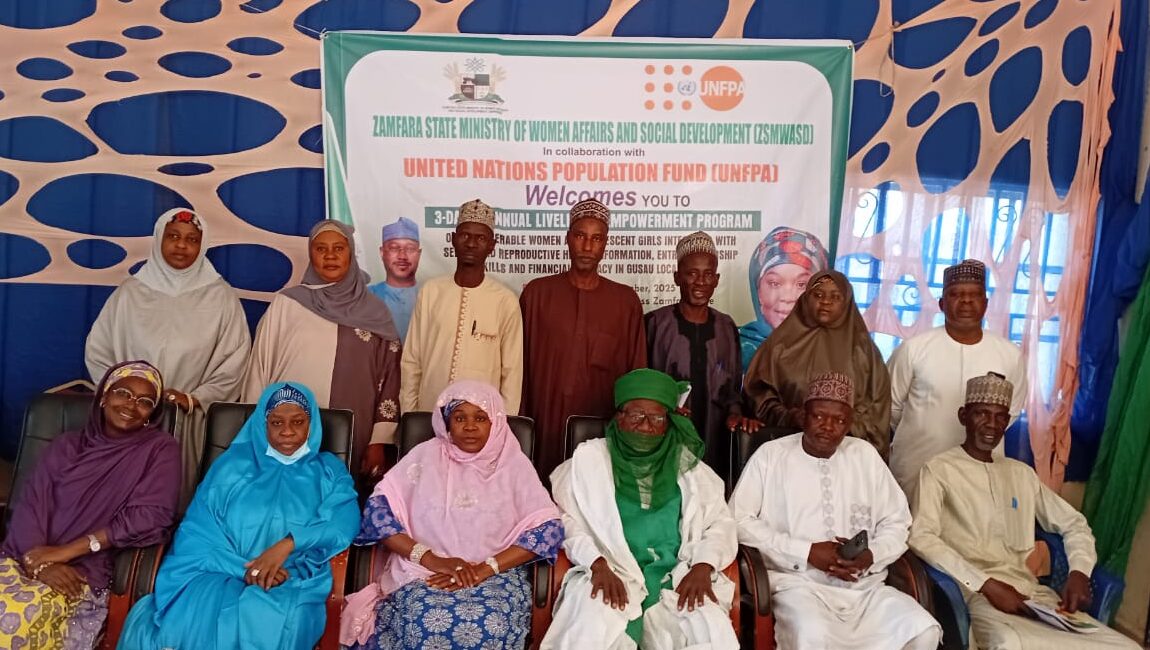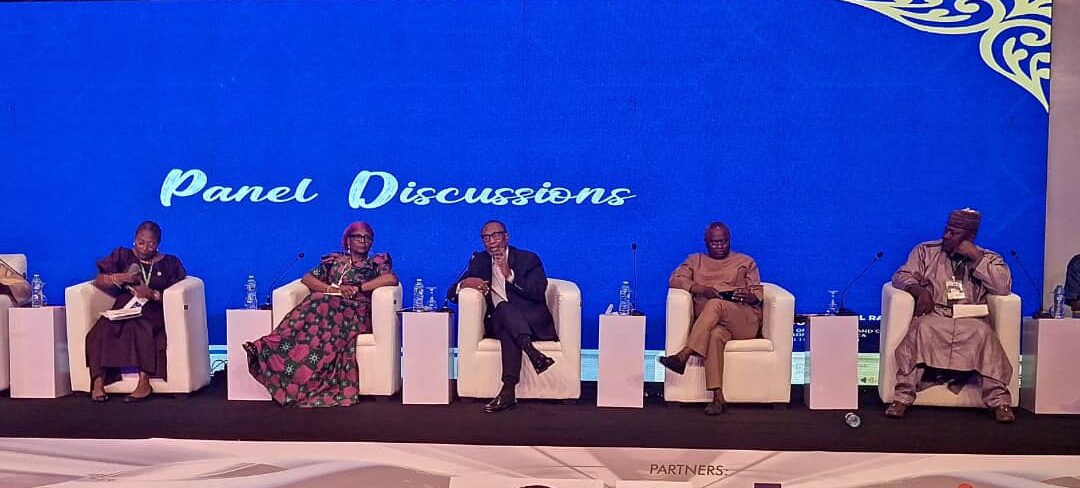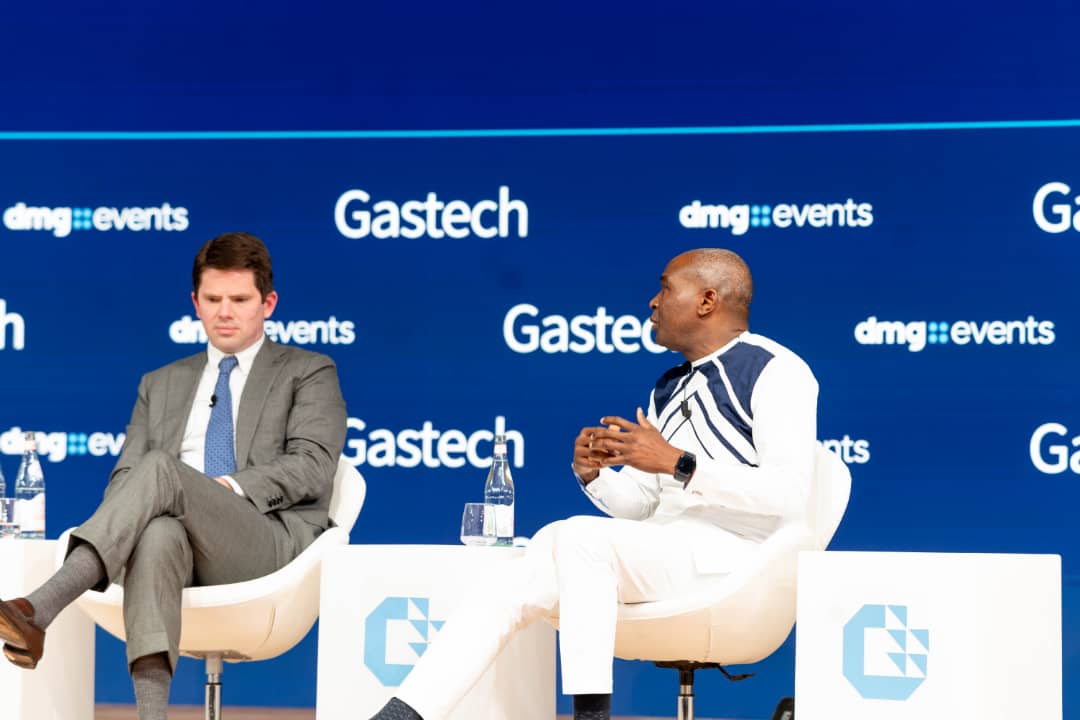By: Goodluck E. Adubazi, Abuja.
Nigeria’s ballooning debt financing profile, currently standing at a staggering \$15 trillion, has reignited calls for Public-Private Partnerships (PPP) to drive railway infrastructure development across the country.
This concern dominated the panel discussions at the 2nd International Railway Conference and Expo 2025, which concluded on Tuesday, 16th September 2025, at the Abuja Continental Hotel. During a high-level panel on “Repositioning the Railway Sub-sector in Developing Countries for 21st Century Transport Needs,” stakeholders emphasized the urgent need for alternative funding mechanisms to build sustainable railway infrastructure.
Standard Times Nigeria, which has covered the 2nd International Railway Conference and Expo 2025, reports that government representatives from Ogun, Niger, and Anambra, as well as members of the BRACED Commission (Bayelsa, Rivers, Akwa Ibom, Cross River, and Edo states), expressed commitment to leveraging rail infrastructure to unlock agricultural productivity and boost intra-state economic development.
“Nigeria cannot fund infrastructure development alone,” the panelists agreed, advocating for a shift towards decentralization, corridor prioritization, and state-level investments.
Stakeholders called for the full unbundling of the Nigerian Railway Corporation (NRC) into separate entities, infrastructure managers, regulators, and service operators, to improve efficiency and competitiveness. They also stressed the need for a national railway PPP policy linked to a long-term development master plan.
While outlining the structural challenges plaguing the railway sector, such as policy inconsistencies, institutional bottlenecks, and fragmented planning—panelists affirmed that implementing the 2023 railway decentralization policy is a potential game changer.
“The capacity to run railways in Nigeria exists. We must take the bull by the horns,” said the Managing Director of NRC, in a passionate call for action.
Earlier, in his presentation on day one of the conference, De-Sadel CEO of a major rail consultancy stated that Nigeria has the internal capacity to finance its railway projects for the next decade without relying on foreign loans—if proper structures and partnerships are put in place.
Day two of the conference featured paper presentations on critical issues, including railway safety, capacity development, and the prospects of high-speed rail as a tool to unlock Africa’s connectivity and competitiveness.
Stakeholders called for increased investment in research and technology to drive innovation and safety in the sector.
Conference Theme: Opportunities and Challenges in Railway Development in Africa: A Call for Investment













